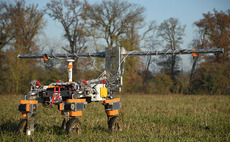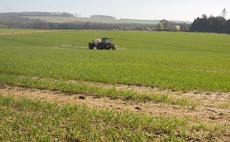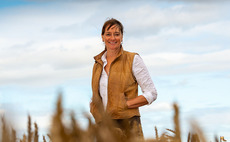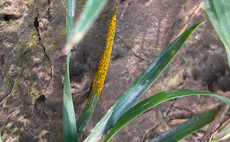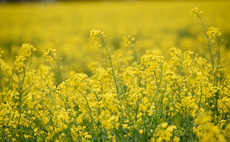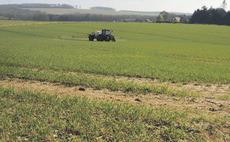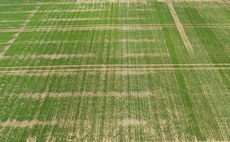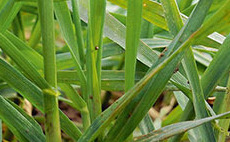Agronomy
Arable
Well, 2021 keeps dishing out the surprises to us and as the country eases itself out of lockdown, winter crops refuse to follow suit and have shown little signs of progression this last two weeks. Can we blame them for thinking we are still in the firm grips of winter?
Arable
Small Robot company (SRC) has announced its Tom monitoring robot is now delivered to commercial specification and entering service on UK farms.
Arable
The exceptionally dry April has significantly reduced soil moisture levels and with only limited rain forecast, growers may have to intervene to mitigate potential crop stress during the crucial canopy-building stage.
Arable
Our winter crops were perking up nicely and spring drillings well set in decent seedbeds in the run-up to Easter only for everything to be stopped in its tracks by another spell of winter.
Arable
Disease symptoms are light in backward crops, with yellow rust only bubbling up in some susceptible varieties, according to Bayer’s National Disease Snapshot.
Arable
Crops have been met with drought in the south and east of the country, widespread frosts and even April snow in some parts in recent weeks.
Arable
Crops have been met with drought in the south and east of the country, widespread frosts and even April snow in some parts in recent weeks.
Arable
In conjunction with Bayer we will be keeping track of winter wheat development over two cultivation strategies, and using Rapid Disease Detection results to monitor disease progress through the season.
Arable
Last week’s warmer weather gave crops a much-needed boost as they exit a cold, wet winter.


 30 April 2021
•
3 min read
30 April 2021
•
3 min read
